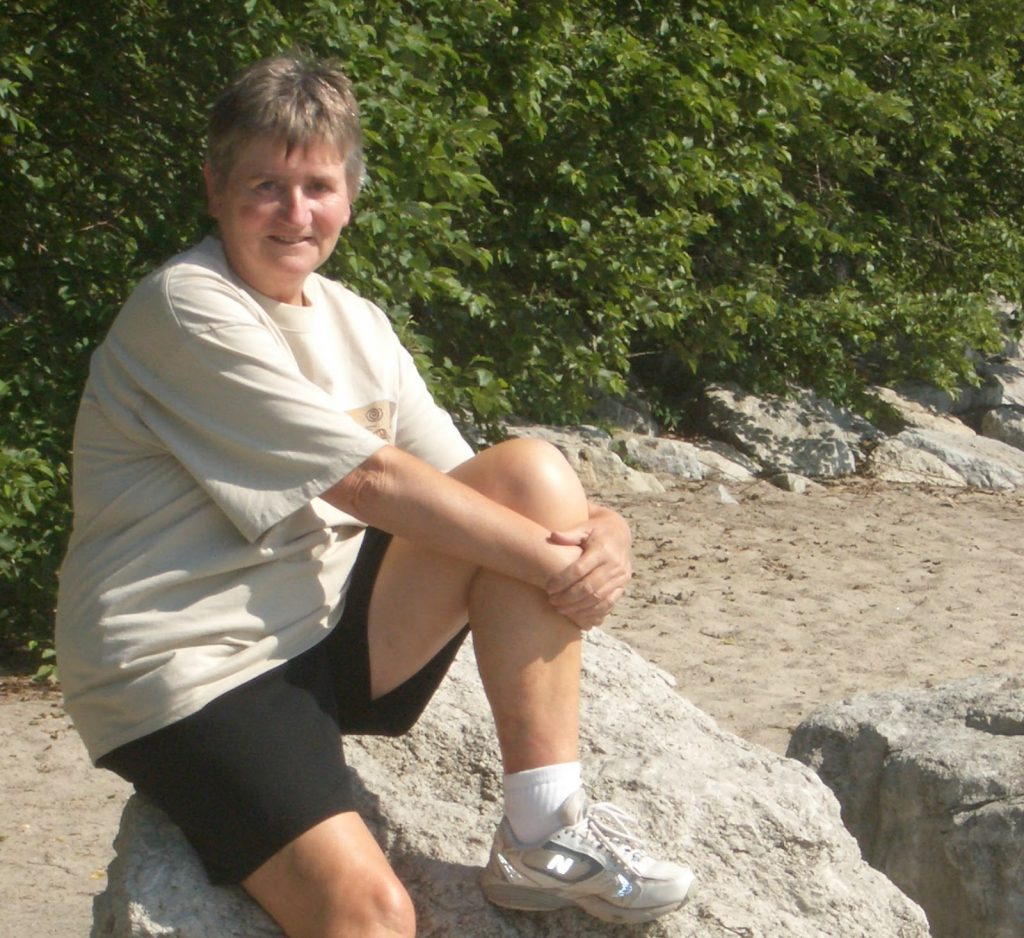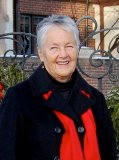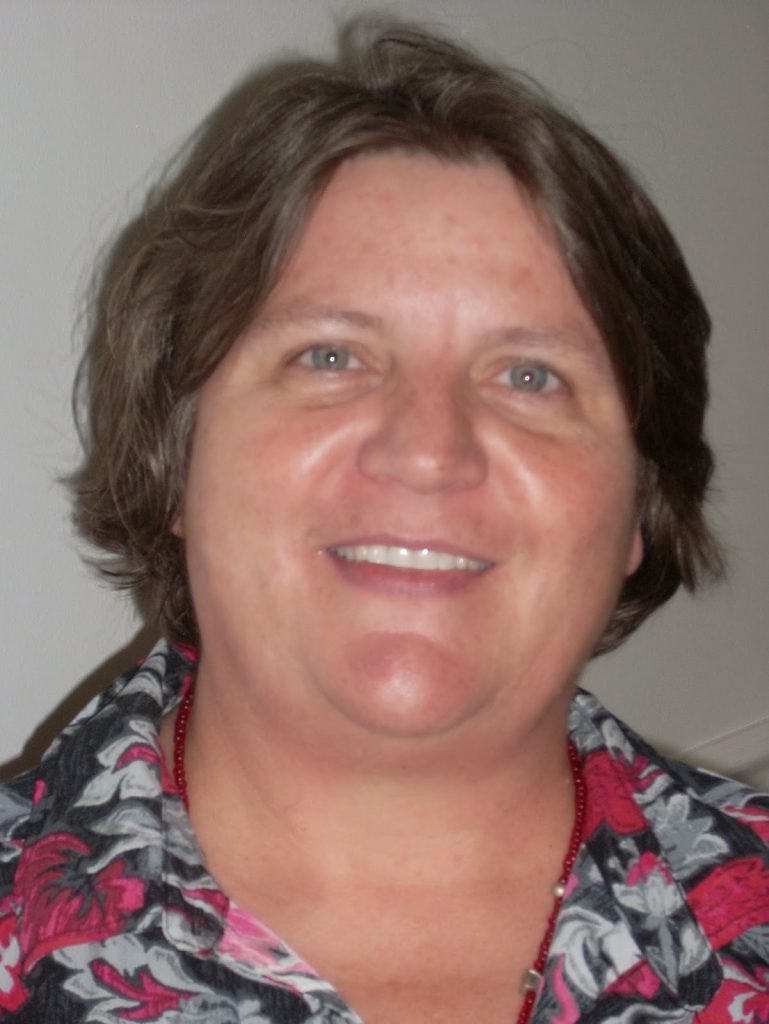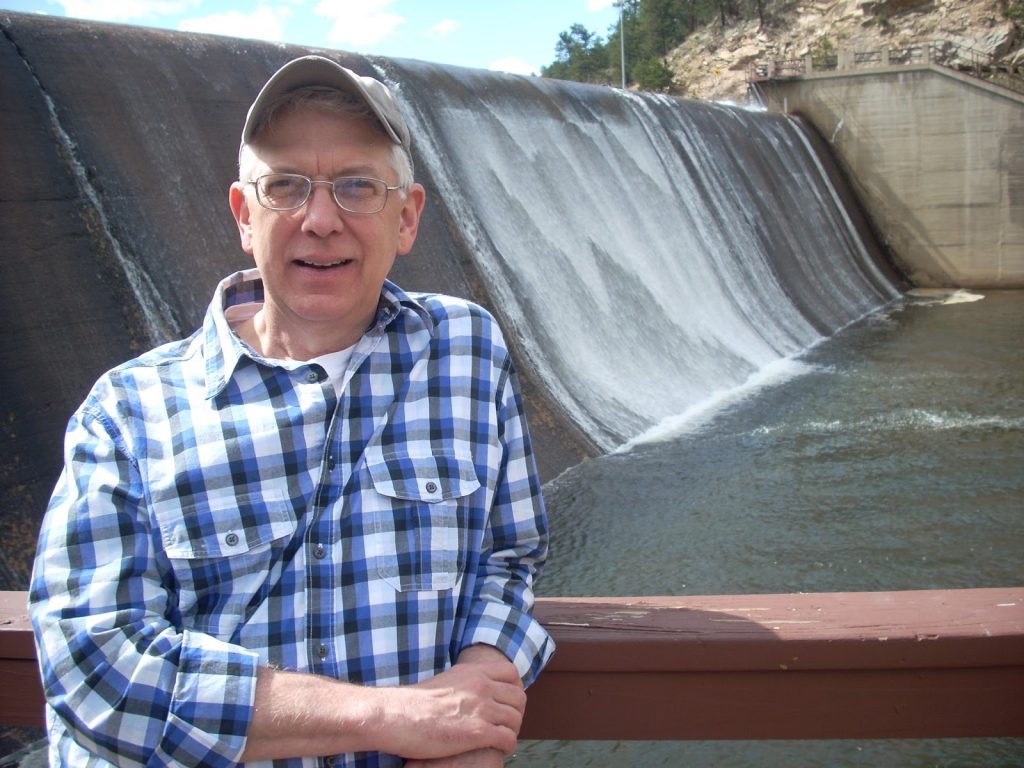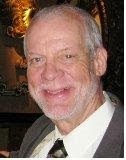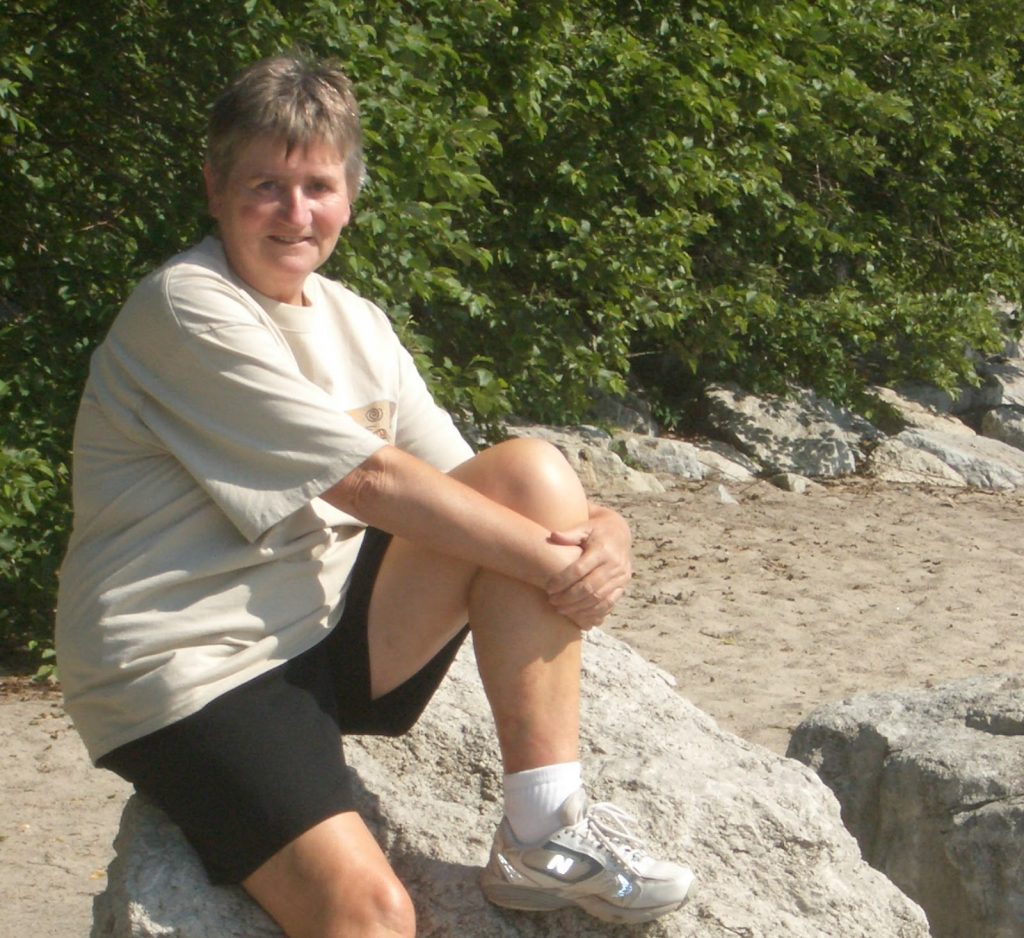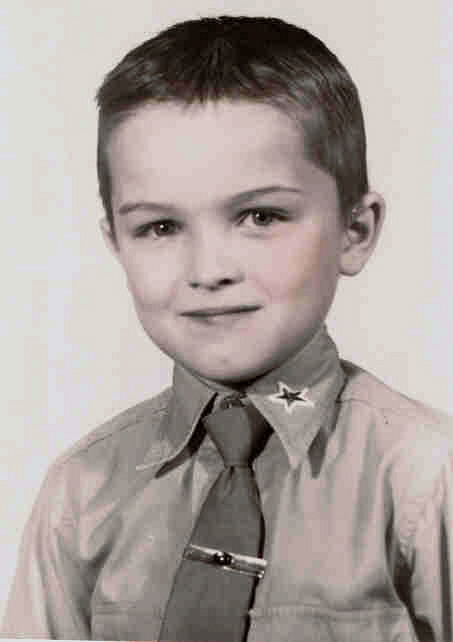I don’t believe I’ve ever actually told anyone this. Not because it’s shameful or embarrassing but because it held really no significance for me; so I say, but here I am remembering it after almost 45 years, so it must figure somewhere, if remotely, in my psyche.
It was, I think, 1970. Maybe ’71. I lived with my husband and step-children in Jamestown, a small, one might say tiny, old mining town in the foothills north-west of Boulder. It’s roughly ten miles up Left Hand Canyon, off highway 36 which runs between Boulder and Lyons. In those days there were few houses in the canyon until you reached Jamestown, with its impressive population of around 200.
I put in many extra hours of work at IBM, built a few years earlier between Boulder and Longmont. Being by nature a morning person, I preferred to arrive early rather than stay late, and frequently began work around 5 am. This particular day I must have had some compelling task ahead, though I have no memory of it, as I started out to work under dire conditions.
It was a dark and stormy night.
No, really! It was.
I set out down the canyon about 4:30 in the morning, in our old Willys jeep, hardly able to see anything for the snow swirling in the headlights. I doubt I had reached 20 m.p.h. when I thought I saw something moving ahead of me: just a vague dark shape against the snow which had already built up on the road, drifting against the trees. Deer, I thought. They were often about on the canyon road. I slowed even more, knowing how skittish they could be. I crept up on the shadow still moving ahead of me. Not a deer. A shambling, half running, half walking, figure on two legs.
What on earth was he, for some unknown reason I identified the figure as a man, doing, walking down the canyon in this weather? Had his car broken down? Crashed? I had seen no vehicle beside the road, but with the dreadful visibility maybe I’d have missed it.
I stopped beside him. He was beside the passenger door, and before I knew what was happening the door was torn open against the wind and this dark figure hauled itself into the passenger seat. Well? Wasn’t that why I had stopped? You can’t, at least I can’t, ignore a fellow human being under these circumstances. And anyway, he must be a neighbor; at the very least someone I knew by sight. Who else would be in Left Hand Canyon on foot in the middle of a blizzard?
Socially, I introduced myself, then politely enquired,
“Who are you?”
Silence.
“Do you live in Jimtown?” I asked, using the local vernacular.
In the absence of a reply, I asked, “Where you trying to go?”
A grunt which could have been interpreted as “hospital,” emerged from the dark shape beside me.
“Boulder? Which one?” Boulder at that time had two.
Another grunt.
By this time, my common sense was reasserting itself.
Who was he? Why, in God’s name, was he heading for a hospital on a night like this?
Was he hurt?
I glanced occasionally in his direction but could see nothing but a dark shapeless mass of clothes. What to do, what to do!
I tried occasionally to engender conversation, but failed miserably.
My imagination took over.
Perhaps he was riddled with bullets! Was he, at this very moment, dripping, no, pouring, blood all over the jeep? Worse – well, maybe worse – was he suffering from some highly infectious disease and in two days I and all my family would be at death’s door?
What to do, what to do?
I breathed deeply and calmed myself.
Of course! He had had a phone call. Some loved one had had an accident, only to be expected on a night like this. They were in E.R. and he was going to their bedside. Or he himself had had an accident. The car had gone over the bank into the creek, quite likely in this storm, and explaining the absence of a vehicle. Was he, perhaps, drunk? I sniffed the air surreptitiously but could detect no hint of alcohol.
Whatever the truth, I should get to Community Hospital as fast as possible, which actually was very slowly indeed, and part company with my guest. Alone with this silent, apparently unknown, man, on a night like this in the pitch-black canyon, was seriously not comfortable.
As the friendly street lights of Boulder approached, I glanced in his direction as often as I could possibly afford to take my eyes off the road, which in fact was pretty infrequently.
He had one hand, I managed to see, tucked into his coat, Napoleon style.
My imagination took off at a run.
Was that hand injured? Or holding a gun? Or, I tried to bring myself back to earth, just cold?
He was resting, I now saw, with his head on the back of the seat, (no head-rests in those carefree days!) with his eyes closed. He looked much more vulnerable than scary as his head rolled with every turn. Was he asleep? Passed out?
The coat which carefully encased his left hand looked like an army great-coat.
A sick Vet? A deserter? The Vietnam War still raged. It was possible. I liked the idea and warmed to him on the strength of it.
I pulled into the brightly-lit entrance drive to the hospital. I had no idea if this was where I should take him, being as ignorant of hospital etiquette as I was of his needs. As I pulled up, he pushed himself up in the seat, blinking his eyes.
“Community Hospital,” I said, sounding terse even to myself.
He, however, became positively verbose.
“You’re good person,” he said, or something like that.
“No money. Here.”
As he stumbled from the jeep into the still swirling snow, he pushed his right hand towards me.
It held a ring between the thumb and index finger.
He gave a heavy shrug.
“Not worth much I ‘spect. All I got …. “
I gazed at it, stupefied.
“No, no, I don’t need anything. Just hope …,” I had no idea what to say, “everything’s OK,” I finished, lamely.
He slid gracelessly off the seat into the drifting snow and staggered into the hospital without another word or a wave of the hand.
What did I expect, that he would wave a goodbye kiss?
I went to work.
As happens sometimes in Colorado, the sun was out by noon. The cars steamed in the parking lot. By late afternoon there was nothing to suggest the raging blizzard of twelve hours before. My midnight rider seemed surreal to me. Could I have imagined the whole thing? I wasn’t sure if that worried me more, or the fact that it had actually happened.
It was still vaguely light when I left work. I studied the jeep passenger seat carefully. It wasn’t wet; perhaps slightly damp. There was no hint of blood. I ran my hand once more over the seat and brushed against something hard. I picked it up, held it up. and peered through the dim light.
A ring.
Had he dropped it when he got out of the jeep? That seemed unlikely. I realized that it had been centrally located in the middle of the seat. Placed there. It was his payment for my assistance. I slid it into my pocket. It was nothing I wanted to explain to my husband, however I cared to view it.
For the next week or so I monitored local radio and read the Boulder Camera from cover to cover. I looked for gangland shootings, hippie overdoses, army deserters, and deadly viruses. Nothing. Then I went off into true paranoia. There were no reports in the media because he was a #1 FBI fugitive and they wanted no publicity. He had a highly communicable disease and they were keeping it quiet to prevent panic. He was a Communist spy – this was still the Cold War, remember – so they were keeping him under wraps.
Slowly the years went by and of course I forgot all about it. It had, after all, little if any impact on my life. But for whatever reason, doubtless nothing more than inertia, I still have the ring. And that is the only reason I know that this really did happen.
© October 2014
About the Author
I was born and raised in England. After graduation from college there, I moved to the U.S. and, having discovered Colorado, never left. I have lived in the Denver-Boulder area since 1965, working for 30 years at IBM. I married, raised four stepchildren, then got divorced after finally, in my forties, accepting myself as a lesbian. I have now been with my wonderful partner Betsy for 25 years.

